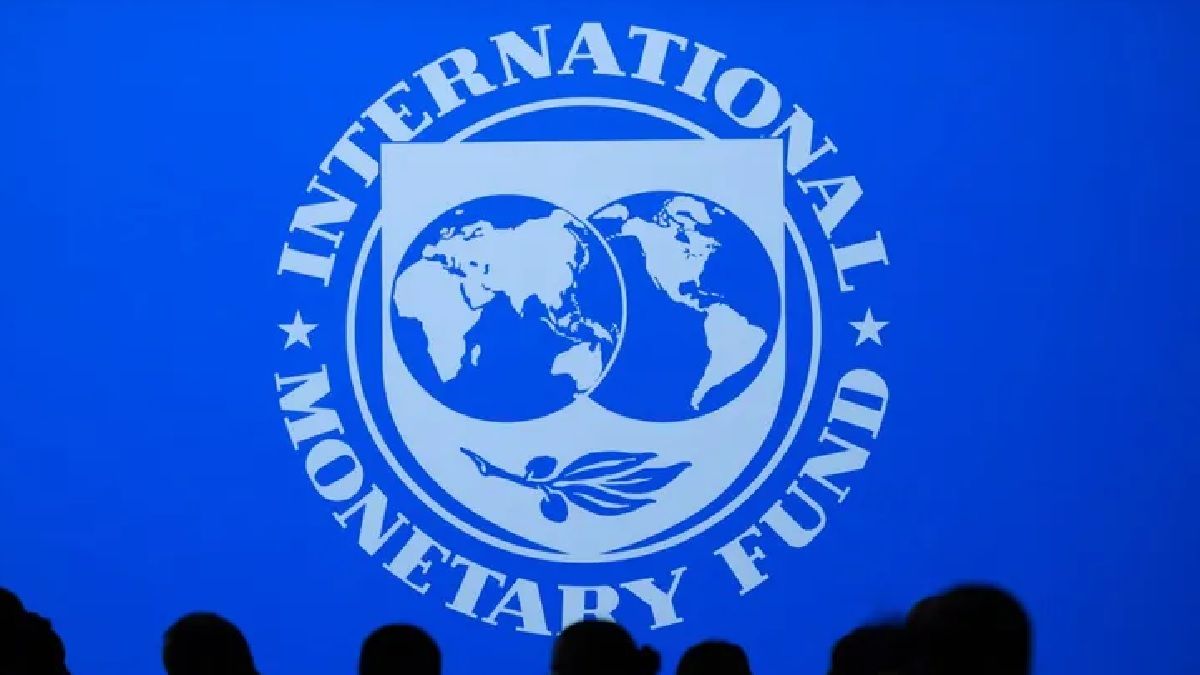Due to the drought and the advance of exports that there was per “soybean dollar”, in March the farm liquidated only 55 million dollars per day on average, when in the same month of 2022 US$ 136 million entered, that is to say that registers a drop of 60%, according to Ecolatina.
Pension Moratorium
The recent sanction of the new pension moratorium was one of the issues most questioned by the IMF authorities and that it required more than three weeks of negotiations with the economic team.
In this regard, official sources indicate that the former Minister of Economy, Martín Guzmán “had agreed that moratoriums would not be applied” question that was not known.
The Fund rated “unforeseen” to the sanction of the moratorium despite the fact that he had parliamentary treatment for months. In this context, the consideration of “unforeseen” is explained based on the commitment not to endorse this type of initiative.
In the IMF press release of March 13, in the chapter referring to fiscal policy, it was stated “Early and resolute actions will be taken to sustainably address the fiscal costs of the unforeseen approval of the pension moratorium to secure fiscal targets for this year and beyond”.
(“Early and determined action will be taken to sustainably address the fiscal costs of the “unexpected” approval of the pension moratorium to secure fiscal targets for this year and beyond.”)
Curiously, if you go to the official IMF page this paragraph was deleted.
The technical staff requested “a greater fiscal adjustment to compensate the expense in this matter” which, according to calculations by the Congressional Budget Office, amounts to 0.27% of GDP in the first year of application.
In this sense, it was agreed to focus the moratorium “to the sectors of the elderly population that most require this exceptional tool”.
energy subsidies
It was agreed to advance, once the registration campaign in the Rase, in the cut in energy subsidies for very high-income households from May 2023.
Together with the different increases in other segments of electricity, gas, water and transport already granted, plus those programmed in some of these segments, “the average implies eliminating the regressivity resulting from the fact that, through the payment of taxes, the poorest subsidize the richest”.
In addition, through the reinforcement of communication campaigns, the implementation of the tariff segmentation is being completed to comply with the segmentation committed by former Minister Guzmán.
Debt exchange in pesos
The IMF valued the result of the different debt conversion operations in pesosespecially the last one that allowed the maturities originally scheduled for April-June 2023 to be extended to 2024 and 2025, thus disarming the “impassable towers” of maturities in that period.
fiscal goal
Despite the impact of the drought, it was agreed maintain the commitment to achieve the fiscal deficit target of 1.9% of GDP in 2023.
Experts point out that it is a severe commitment, given the impact of the drought. The Economist Martin Rapettifrom Equilibra, estimates that for this reason revenue will fall by US$ 4.2 billion, the agricultural sector will have a contraction of 18% compared to 2022 and global activity will suffer a negative effect of 2 points of GDP, consequently affecting global revenue.
This requires continuing to consolidate the fiscal order achieved since the beginning of the management of the new economic team.
Social plans and infrastructure
The authorities agreed protect state investment in infrastructure, especially in energy, targeting the Nestor Kirchner gas pipeline. In this regard, private sector sources estimate that the first tranche will be completed by June 20.
Also, regarding theSupport to the most vulnerable sectors through social plansbut “with greater specialization so that this help reaches those who really need it.”
monetary financing
The Palacio de Hacienda maintained contained the use of monetary financing through temporary advancesin order to strengthen the fight against inflation.
Besides, the crawl scheme and positive interest rates are maintained, in order to continue ordering the monetary front.
Policies from income
The economic team detailed before the IMF the operation of the new fair pricing plan as a complementary method that aims to reduce inflation.
strategic sectors
The Palacio de Hacienda also highlighted Argentina’s strategic sectors for “Have great export potential in line with the new needs of the global agenda for energy, food and special mineral security”.
Collection
The authorities presented structural advances, including those linked to more effective collectionimproving the information that is collected from the different entities of the national public sector, and the improvement of the database for personal assets through the link between CUIT and property owners in the AMBA.
Anti-laundering measures
Progress was recorded in measures to improve the Central Bank’s balance sheet accounting that arose from technical assistance from the IMF.
It continues to be elaborated a project that reinforces the application of the Criminal Exchange Law.
As for the anti-laundering regulatory framework, a bill is being prepared in Congress.
Source: Ambito




